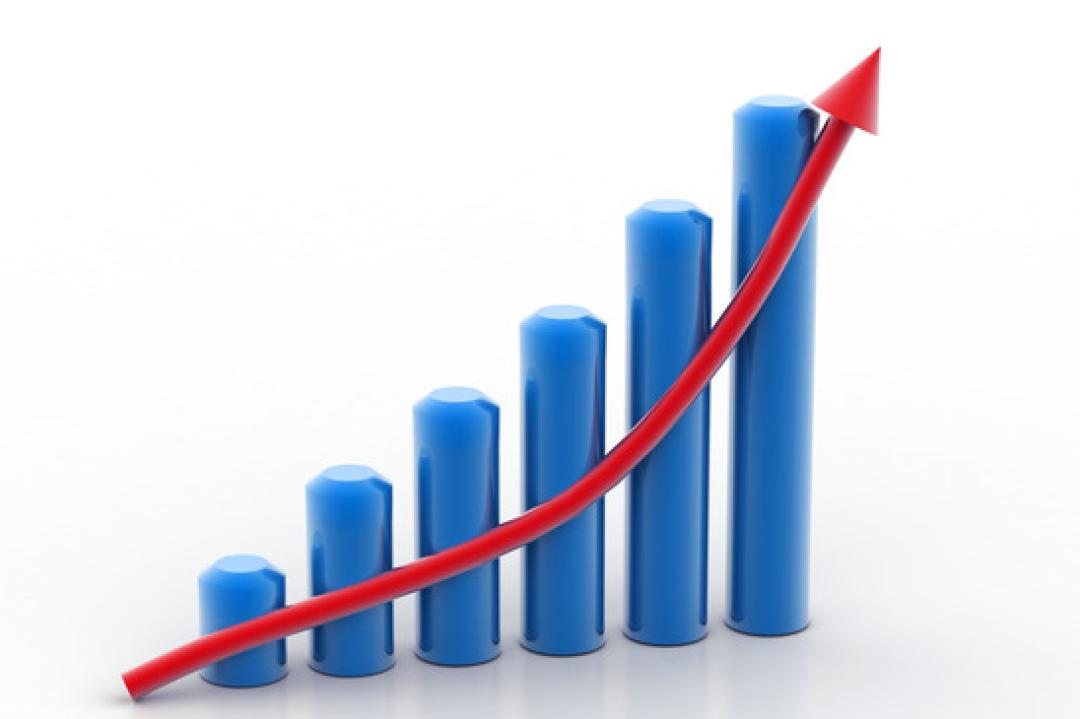
IMF predicts further economic growth in the Caucasus for 2019-2020 period

On 8 November, the International Monetary Fund (IMF) stated that the economies in the Caucasus and Central Asia (CCA) will expand by an overall 4.5% in both 2019 and 2020 despite global trade tensions and slowing growth with key trading partners, reported Reuters.
The IMF called on the former Soviet republics to improve competitiveness, use their natural advantages more effectively and diversify their economies to reap the gains from trade. The IMF also told the countries to integrate into global value chains.
Juha Kahkonen, deputy director of the IMF’s Middle East and Central Asia Department, told Reuters the big challenge for CCA states was to create jobs and adopt reforms to spur activity. “Current growth rates are not bad from a global prospective, but countries should not be satisfied with this,” he said.
External risks include trade tensions, a global slowdown, lower commodity prices and rising geopolitical risks, the Fund said, while domestic risks include slowing reform momentum.
“There is a need to diversify, make the economy more reliant on private sector activity and also the banking sector has not been reformed,” Kahkonen said of Azerbaijan. He said private sector credit had stabilized after years of decline, but that “banks are not really in good shape to support private sector activity”. The IMF official praised Armenia’s reforms, which has the fastest growth in the region, and Georgia’s favorable business climate.
The report on the CCA countries was published in October. It stated that the CCA region scores favorably on several measures. The IMF assesses exchange rates to be in line with fundamentals for most countries following devaluations across the region after the large external shocks in 2014–16. Moreover, CCA countries compare well with peers on perceptions of non–price competitiveness. And CCA countries rate higher than emerging Asia on measures of human capital, though lower than emerging Europe.
Nonetheless, several impediments prevent the region from leveraging these advantages to fully integrate into global markets and raise productivity and potential growth. First, CCA countries rate lower than their peers on access to finance, the tax burden on the formal economy, and the cost of regulation. Second, trade costs and transport times are high. Third, the region’s oil and gas exporters’ share of the world’s non-commodity export volumes has not kept pace with emerging market peers. Fourth, government’s large role in the economy, reflected in the dominance of state-owned enterprises (SOEs) in local markets, impedes efficiency and entrepreneurship.
In order to improve inclusive growth in the region, the IMF suggested improvement in transport infrastructure projects which could lower trade costs, and boost foreign direct investments (FDI’s); reducing impediments to trade which could boost the participation in the global value chains (GVC); and third, to promote policies which attract foreign investment, such as those that reduce expropriation risks and streamline entry procedures.
See Also


Simonyan: “Armenia Should Trade with Turkey and Azerbaijan Instead of Closing Borders”

Mirzoyan Meets US Deputy Assistant Secretary Joshua Huck

Azerbaijani President Holds Talks with UAE and German Business Delegations on Economic Cooperation

Grigoryan Confirms Armenia’s Readiness to Dissolve OSCE Minsk Group Upon Peace Treaty Signing

